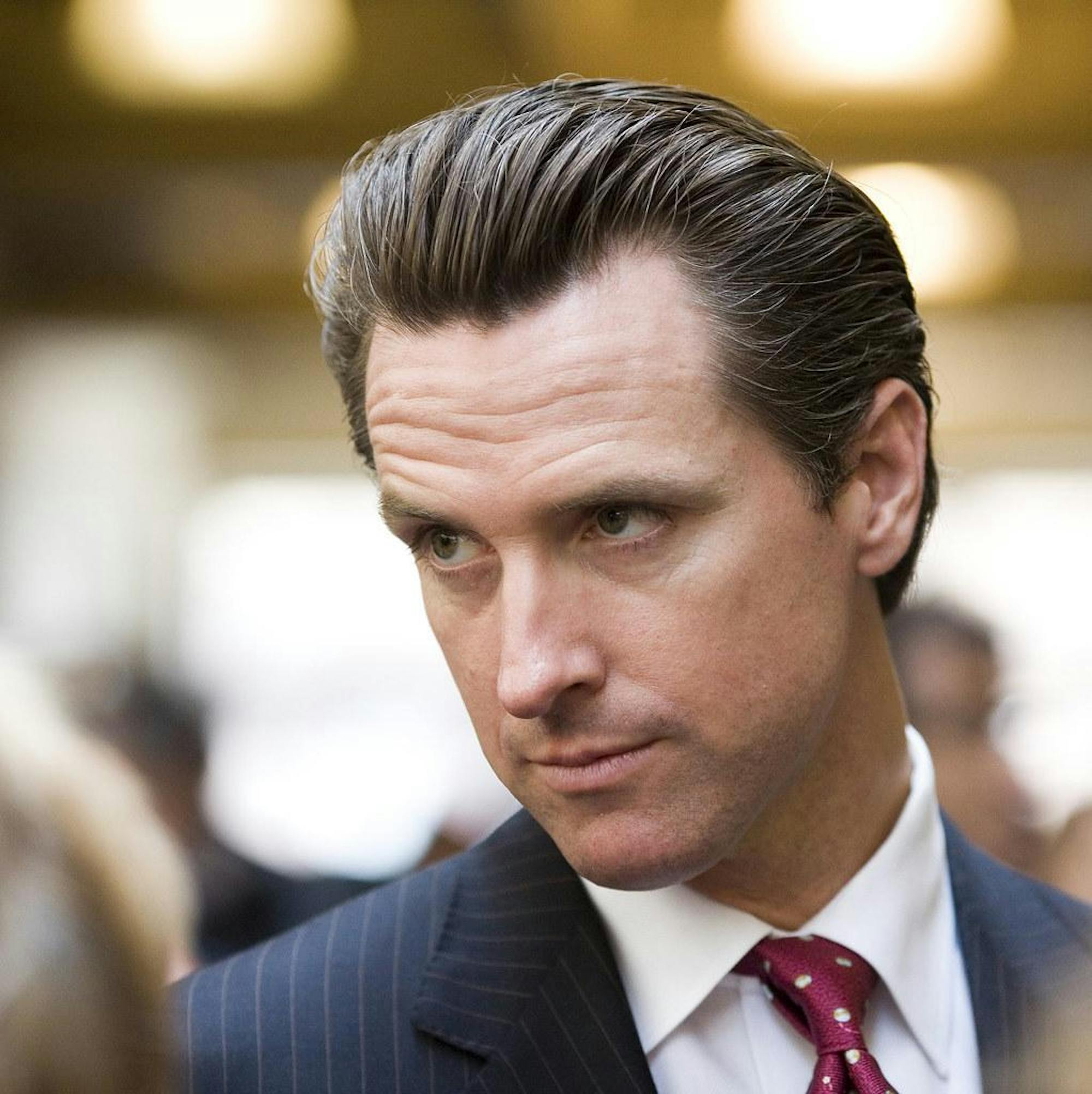Fast food labor unions scored a major victory in California when Gov. Gavin Newsom signed the Fast Food Accountability and Standards Recovery Act in September 2022. This bill created a statewide council to determine the minimum wage for employees of large chain restaurants, which the bill itself has already raised to $20 an hour. However, the bill notably exempted restaurants with bakeries from this wage increase. While the reasoning behind this exemption was initially unclear, a report from Bloomberg revealed that Newsom pushed its inclusion to benefit the popular chain Panera Bread. Unsurprisingly, one of Newsom’s biggest donors is Greg Flynn, the chief executive of a restaurant group that owns 24 Panera locations in California. Flynn donated $100,000 to Newsom during an attempted recall vote in 2021 and they even attended the same high school. Newsom quickly denied these allegations and covered his tracks by stating that Panera isn’t exempt since they don’t make their dough on-site and thus can’t be classified as a bakery. However, he has still yet to offer an adequate explanation for the exemption’s existence, only claiming that it helped distinguish bakeries and fast food restaurants. Ultimately, this story is just one example of the growing influence of dark money in American politics. If we want to elect politicians who prioritize the needs of their constituents over their wealthy donors, we need to start looking beyond party lines in often-overlooked statewide elections.
Dark money, which refers to political spending from unknown donors, hit a record high of over $615 million nationwide during the last election cycle. Though candidates from both parties benefited from these donations, Democrats managed to outraise Republicans, raking in over $330 million in dark money during the 2022 midterms. Since Democratic leaders are beginning to recognize that dark money is helping them win elections, the Democratic National Committee shut down recent attempts to ban these contributions despite the widespread opposition to dark money that used to exist among Democrats. It is extremely hypocritical for the party to rake in dark money that largely comes from the same billionaires and corporations they claim to want to limit the power of. If Democrats want to win back discontented voters who are increasingly distrustful of politicians, they should at least be transparent about where their money is coming from.
This dark money issue is especially prevalent in California, where there are no legal limits to political donations. Newsom has received over $10 million from various political groups such as unions and corporations. In exchange, Newsom runs ads and allocates government funds that support policies or ballot initiatives that align with their goals. For example, Newsom spoke out against Proposition 30, a ballot measure to raise taxes on the rich to fight climate change, seemingly catering directly to his wealthy donors. Newsom’s criticism ended up swaying public opinion enough to cause the measure to fail. Newsom also increased state funding of prison guard salaries by over $5 billion after receiving an almost $3 million donation from their union. Overall, despite California’s $73 billion budget deficit, Newsom allocated over $500 billion in spending to programs that benefit his donors during his first five years in office. These spending habits highlight the problem with dark money — once it starts flowing in, elected officials care more about preserving their bankrolls than the long-term needs of their constituents.
If voters want candidates who won’t succumb to this temptation, they may have to look at the bottom of their ballots and beyond party lines. Many oft-overlooked statewide offices serve important roles, such as the controller, which manages the state’s finances. Voters throughout the country should pay more attention to these races and vote for the candidate that will best serve their interests without influence from donors, who may not necessarily be the candidate that aligns with your party. For example, the 2022 California Controller race pitted Republican Lanhee Chen, against Democrat Malia Cohen. Chen ran his campaign on fiscal transparency and promised to ensure that California’s budget would be spent on its citizens, while Cohen had a history of failing to file taxes. However, voters still opted for Cohen due to California’s strong partisan lean even though the Controller has no say over any statewide policies. Party affiliation should not be a factor in selecting candidates for these important fiscal offices and voters all over the country should be paying more attention to these crucial races. While limiting the influence of dark money won’t be an easy task, it would be a step in the right direction to ensure that politicians are kept in check.






